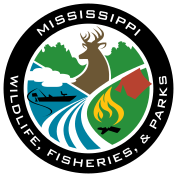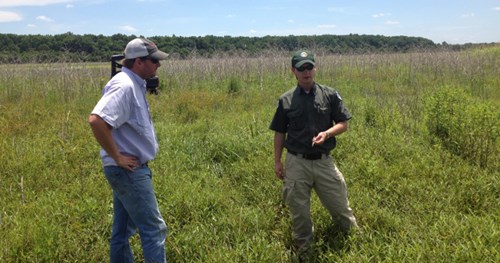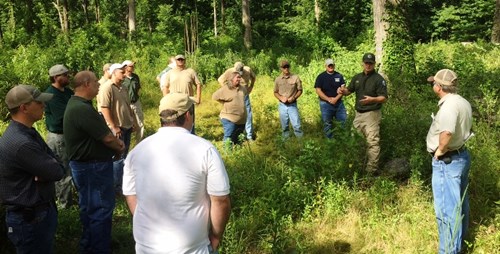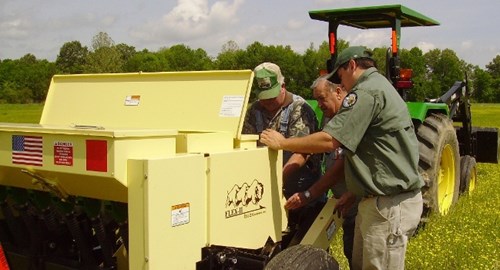"John Gruchy's team of private lands biologists are some of the most talented in the country hands down" - Dr. Mark McConnel on the Gamebird University Podcast
From people we've worked with:
"The information I received was very informative and I look forward to a continued dialog with a biologist for future recommendations."
"The biologist's advice and attention to detail was very good."
"The biologist was been extremely helpful and responsive. He has always been very helpful with questions and suggestions. The follow-up visit later was also very beneficial."
"The biologist did exactly what I needed, his advice was solid, and his responses were thoughtful and quick. Thank you!"
"The biologist was very helpful. He answered all of my follow-up questions as well."
"Great service. Super individual."
"My biologist provided lots of great information and plenty of referrals to other agencies."
"I was extremely pleased with the program's depth and breadth as evidenced by the detailed site visit and comprehensive follow up report/recommendations provided by the biologist. Kudos to MDWFP for implementing such a forward thinking program through it's staff of knowledgeable and experienced professionals."
"Biologist provided me with outstanding counsel as to how to better achieve a wildlife habitat following timber harvest."
"Very helpful in recommendations and in securing cost share funds"
"The biologist and his associate were very good."
"Great advice."
"The biologist was very knowledgeable and willing to answer any questions we had. Put to rest many myths and also confirmed our use of quality deer management practices. He also helped connect us with a forester with the state of Mississippi who we later met with and now are enrolled in prescribed burn program."
"I have had the pleasure of working with 2 of your outstanding program biologists and each time, I was very pleased with the expertise and thoroughness of the recommendations. I have been following them religiously!"



